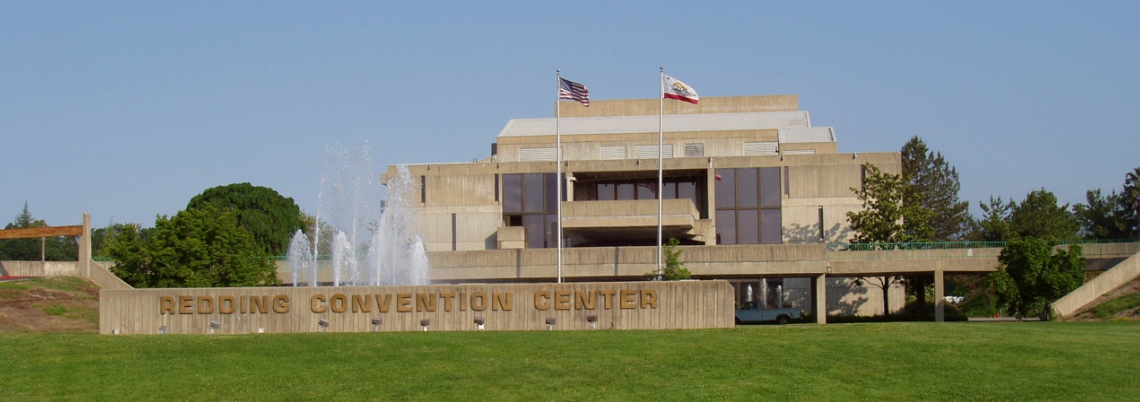There are many people who call themselves “leaders,” but who are no more than puppets of the people! They are so concerned about being liked that they relinquish their authority to the crowd and spend their days worrying about their approval rating.
If you fear the people you are not leading them, they are leading you! While it’s true that real leaders must have favor with God and man, it’s also true that favor gained through the political spirit will not endure the test of time, nor will it last in the storms of life.
Spending time wondering what people think about you is not only a huge waste of time, but it also undermines the confidence you need to actually lead. And when leaders lack confidence, the people lack commitment.
NOT A POPULARITY CONTEST
The greatest leaders in history were often hated by their peers and maligned by the crowds. Of course, after they’re dead we enshrine them and build monuments to their legacy. People like Winston Churchill, George Washington, Abraham Lincoln, Joan of Arc, Esther, Martin Luther King Jr, Moses, and Jesus were all hated by many people while they were leading.
I am not saying that leadership requires a person to be harsh, controlling, uncaring, rude, or tough. Quite the contrary. Godly leaders must be empowering, compassionate, caring and kind. They must love their people or they have no right to lead.
What I am saying is that leadership often requires a person to make the right decision, the tough calls, and the unpopular choices that ultimately lead to victory. These decisions tend not to be the easiest path from point “A” to point “B”.
It’s the nature of the crowd to choose the easy road, to push sacrifice into the next generation, to avoid discomfort at any cost, and to embrace people who tell them what they want to hear.
Yet the best path is seldom the easiest road; therefore, it is encumbered upon true leaders to brave the crowds and make the right call…the noble choice…the courageous decision. This often means that leaders must risk being misunderstood, not liked, or even viciously opposed.
IT’S NOT THAT EASY
Furthermore, great leaders are not often tasked with making decisions between right and wrong, black or white; those obvious decisions are made by lower level managers. Great leaders are most often encumbered with deciding between bad and worse, wrong or wronger (I think I just made up a word), or decisions that don’t really have a clear path forward or a right answer. Of course, in many situations, the crowd doesn’t know the circumstances, so when they catch wind of the final decree they think their leader is an idiot because they are not privy to all of the factors.
GREAT LEADERS KEEP SECRETS
Another thing that can make leaders seem dumb is decisions that involve confidentiality; for instance, circumstances surrounding restoring a fallen leader. The nature of these situations often dictates that things discovered behind closed doors not be revealed to the public. It’s paramount that innocent victims are not shamed or their reputations destroyed for the sake of meeting the public’s thirst for the juicy or gory details. Our motto at Bethel is if you aren’t a part of the problem and/or you aren’t a part of the solution, it’s none of your business!
Unfortunately, some leaders are so concerned with pleasing the crowd that they insist on throwing people under the bus to save their own reputation. That’s cowardly!!!!
We believe if you don’t trust us then you should go find someone else you do trust, and then follow them.
Leadership is risky business. The nature and complexity of the role means that leaders will get it wrong at times, make mistakes and sometimes fail to do the right thing.
LEADERS CHANGE THEIR MINDS
I am surprised by the way society views leaders changing their minds. They often view it as a negative trait or a sign of weakness. I do understand that a politician who has no backbone and changes their opinion just to get votes is not a leader, but a pretender. Yet the truth is great leaders courageously change their minds when:
1. They get better information.
2. They get more experience and therefore view the circumstances differently.
3. Their first solution failed.
4. The people involved change, and other people are brought in who are either much more or much less capable.
5. The circumstances change.
6. The people involved have a change of heart.
7. The climate surrounding the circumstances change.
Only stupid people entrenched by their pride refuse to change their minds. In fact, great leaders change their minds as soon as it’s clear that they are wrong.
For more on this subject, check out my Leadership Flash Drive
.
If you would like to subscribe to my newsletter, sign up here: https://krisvallotton.com/
Have you experienced any of these aspects of leadership? Tell me about it in the comments below.




